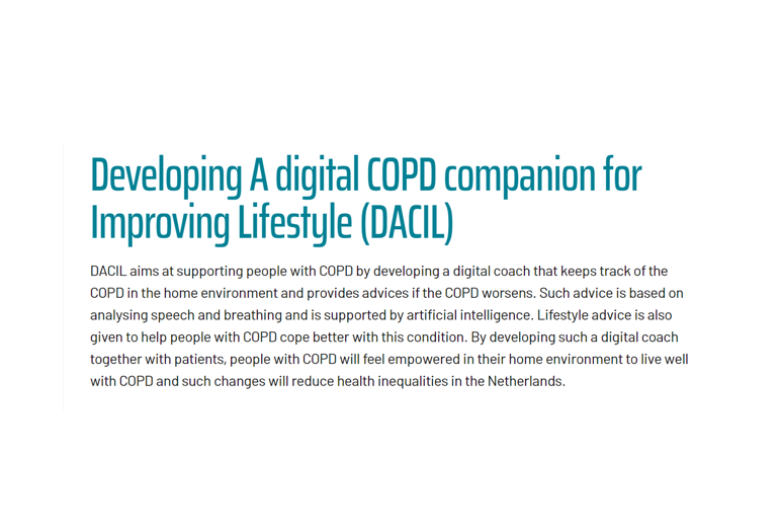Research Projects
OpenAgri
Project challenge
Addressing the gap between the availability of Agricultural Digital Solutions (ADSs) and their adoption by EU farmers poses a significant obstacle. Despite considerable investment, factors such as high costs, distrust in ADSs, and connectivity issues in remote areas hinder widespread adoption and usage among farmers.
Our contribution
The team at IDS consists of Prof. Christopher Brewster (project coordinator), Pranav Bapat, and Felipe Arruda Pontes. They lead the core technology development work package (WP2), responsible for the delivery of the Open Source digital agricultural services. The focus here is on 1) the development of easy-to-use services for integration in the OpenAgri pilots, and 2) the creation of vibrant Open Source communities around the digital services.
Project Number: HORIZON-CL6-2023
Project Coordinator: Christopher Brewster
Source of Support: Horizon Europe research and innovation programme
(Grant Agreement no. 101134083)
Duration: January 2024 – December 2026
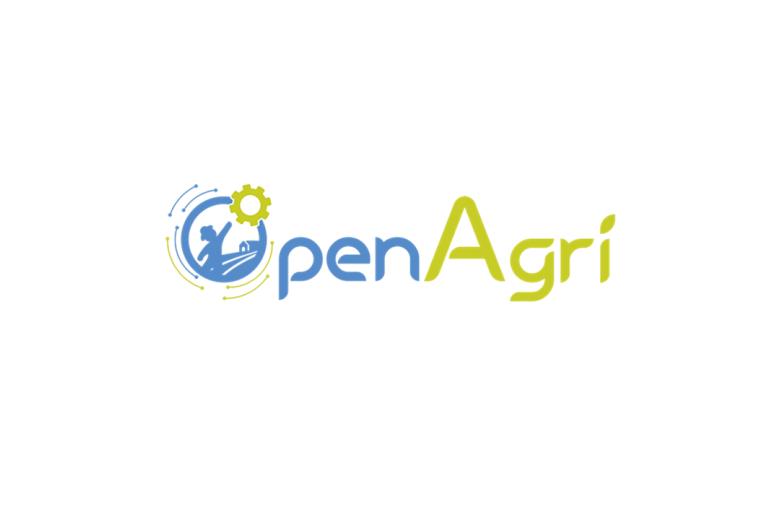
BioFin-EU
Main Goals
BIOFIN-EU aims to establish a comprehensive framework and technology that fosters the necessary conditions for nature-positive investments.
BIOFIN-EU is actively innovating and experimenting with novel approaches for capturing, aggregating, and analysing biodiversity and ecosystem services (ES) data. The goal is to minimise transaction and reporting costs associated with finance that supports the protection and restoration of biodiversity.
Our contribution
Maastricht University is leader of WP4 and is responsible for the co-creation of the BIOFIN’s NBS Dashboard. The Institute of Data Science (IDS) brings a highly interdisciplinary team with extensive experience of data management. Professor Christopher Brewster has a track record in agriculture and food research and the Institute is part of the Department of Advanced Computing Sciences (DACS) with a wide portfolio of research including areas such as machine learning/deep learning, multi-agent systems, signal and image processing, game theory and intelligent search techniques.
Project number: 101135476
Project Coordinator: John Garvey (University of Limerick, Ireland)
Source of Support: European Union
Duration: 01/01/2024 - 31/12/2026
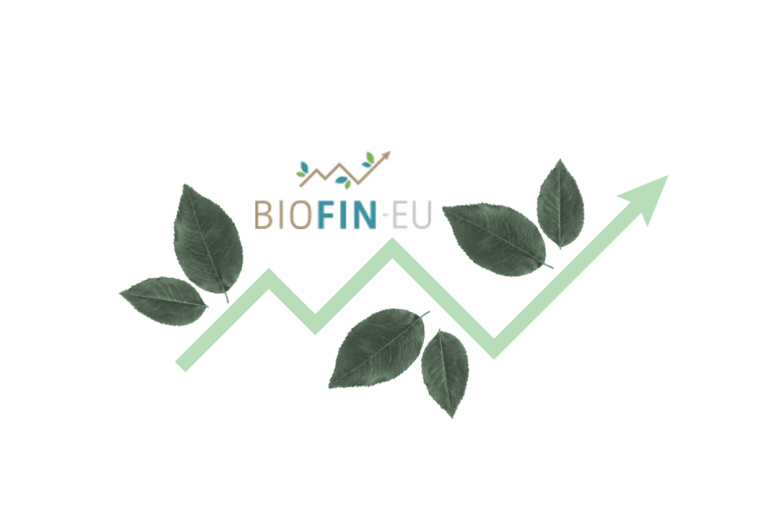
iCARE4CVD
Main goals
iCARE4CVD is a public-private international research collaboration aiming to personalise prevention and treatment of cardiovascular disease. iCARE4CVD's vision is to work towards a future where CVD is better understood, more effectively treated, and less devastating for individuals and communities.
Our contribution
Visara Urovi and Michel Dumontier, who received one million euros for their part of the project, are building a Health Data Federation Platform that guarantees the security and reliability of the data collected. They do this in line with our Institute's vision of responsible data science by design; the platform supports the principles of the FAIR data sharing and analysis.

GENIUS Lab
About
The GENIUS (Generative Enhanced Next-Generation Intelligent Understanding Systems) Lab is a research lab that seeks to extend and enhance state-of-the-art Artificial Intelligence (AI) methods for semantic knowledge engineering, human-centered AI, and crowd computing. GENIUS Lab is a collaboration between Delft University of Technology, Maastricht University, DSM–firmenich, and Kickstart AI.
Goals
The GENIUS lab focuses on how humans and AI can collaborate in knowledge management and knowledge discovery within large organisations. The lab will develop human-centered approaches that involve humans in extracting, organising, and accessing stored knowledge.
This research aims to accelerate how AI is used in science, research, innovation, and operations, where knowledge management and decision-making through AI-based systems might have far-reaching implications for many industries. These implications will be showcased in real-world use cases.
Our contribution
Michel Dumontier, Remzi Celebi, Chang Sun, and Yaru Zhang are part of the project at Maastricht University.
Project Number:
PI: ICAI (Innovation Center for Artificial Intelligence)
Source of Support: NWO (Dutch Research Council)
Project/Proposal Start and End Date: 02/2024 - ?
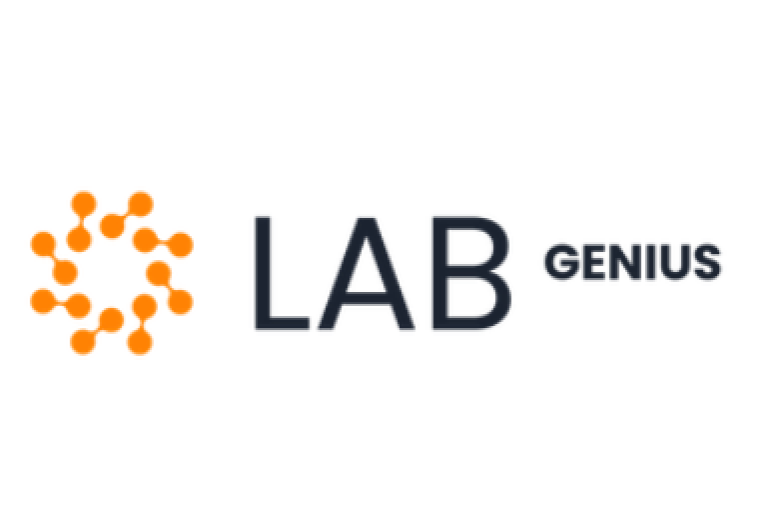
EU-FarmBook
Project purpose
The main purpose of EU-FarmBook is to support knowledge exchange, by further developing, expanding, exploiting, and maintaining an easily accessible and user-friendly EU-wide Online Platform for practitioners in the agriculture and forestry sectors.
Our contribution
The team at Maastricht University, led by Prof. Christopher Brewster, consists of Pranav Bapat, Xu Wang, and Louis Powell. In collaboration with the University of Agriculture in Athens, the team will develop the software for a database to collect information from research programmes.
About the project
EU-FarmBook is the answer to real needs of farmers, foresters and advisors. The Horizon Europe project offers an interactive, multi-lingual meeting place for agriculture and forestry communities, giving access to trustworthy knowledge objects according to findable, accessible, interoperable, and reusable (FAIR) data principles. EU-FarmBook users can interact and explore innovative ways to solve their daily challenges.
Project number: 101060382
Project Coordination: Ghent University, Belgium
Source of Support: Horizon Europe
Duration: 01/01/2022 - 31/07/2029
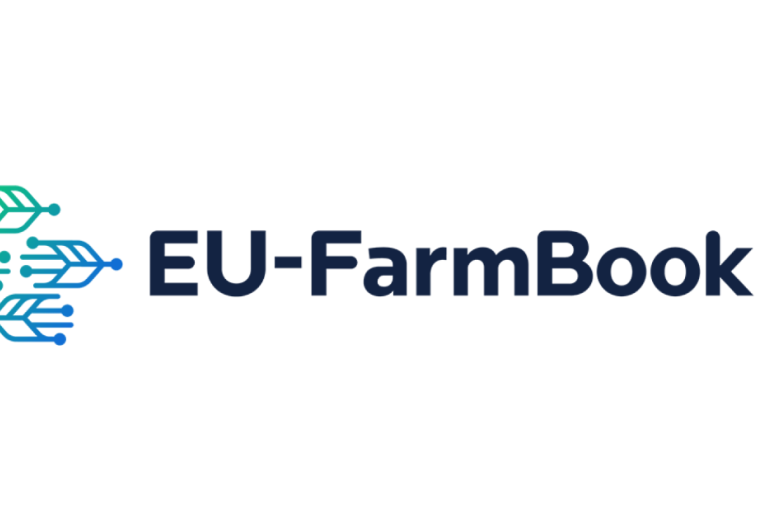
REALM
Main goals
The REALM project consortium is composed of 13 European partners and two associated partners. Together they will develop a collaborative framework through which regulatory authorities, software developers, healthcare professionals and policy offers can jointly create and evaluate innovative medical device software – for the direct benefit of patients and healthcare practitioners.
The consortium sets out to develop an innovative and inclusive platform that leads to a transparent ecosystem for the evaluation and certification of software in healthcare where developers as well as regulatory and health technology assessment bodies have access to a standardised set of technology stack and data.
Our contribution
With Distinguished Professor Michel Dumontier as the project coordinator, the team at Maastricht University aims to create a collaborative framework for regulatory authorities, application developers, healthcare professionals, and policy officers. Together they will co-create and evaluate the software for medical and healthcare use. Their work package will focus on Real-World Data and Synthetic Data Repositories for REALM infrastructure.
Project number: 101095435
Source of Support: European Union
Duration: 01/01/2023 - 31/12/2026
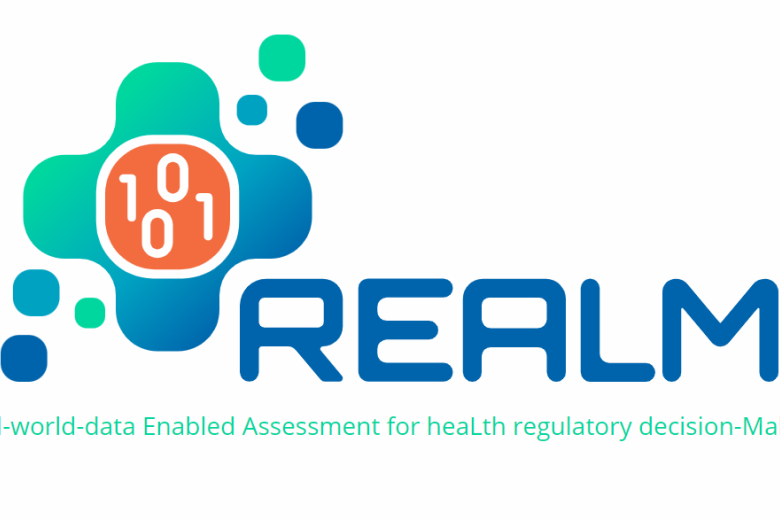
AIDAVA
AIDAVA (AI-powered DAta curation & publishing Virtual Assistant) aims to create an AI-powered virtual assistant to maximize the quality of health data for clinical research and care. AIDAVA will develop new AI technologies (knowledge graphs, natural language processing, graph embeddings, explainable AI) to coordinate data work with humans in the loop and apply to personal data in 3 languages with applications to cancer and cardiovascular health.
Our contribution
Michel Dumontier is the PI, and Remzi Celebi is the project coördinator of the AIDAVA project at Maastricht University.
Project Number: 101057062
PI: Michel Dumontier
Source of Support: Horizon Europe
Project/Proposal Start and End Date: 09/2022-8/2026
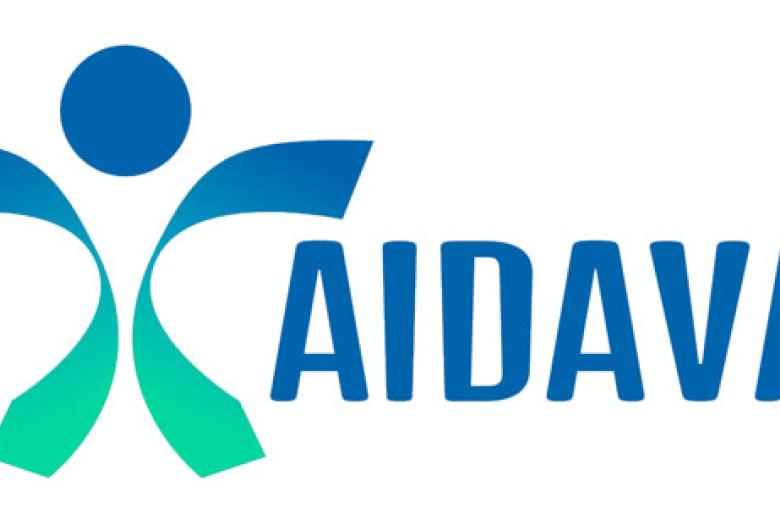
Ongoing projects
-
Developing A digital COPD companion for Improving LifestyleDACIL
-
Where Inclusive Innovation Meets AgricultureOpenAgri
-
Unlock Finance to protect and restore BiodiversityBioFin-EU
-
individualised care from early risk of cardiovascular disease to established heart failureiCARE4CVD
-
Generative Enhanced Next-Generation Intelligent Understanding SystemsGENIUS Lab
-
The point of reference for farmers, foresters and advisorsEU-FarmBook
-
Real-world-data Enabled Assessment for heaLth regulatory decision-MakingREALM
-
AI-powered DAta curation & publishing Virtual AssistantAIDAVA
Previous projects
For completed and past projects, please visit https://www.maastrichtuniversity.nl/research/completed-research-projects
